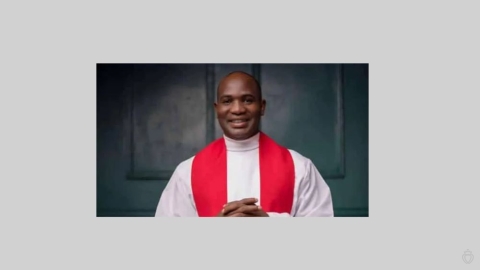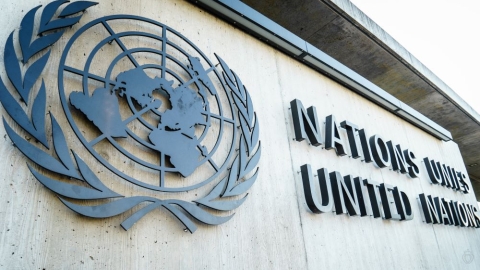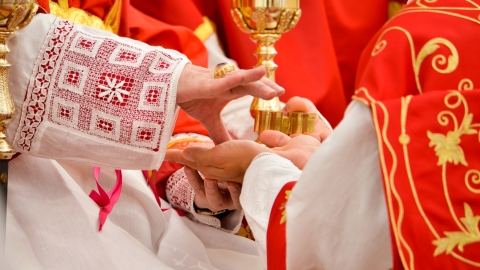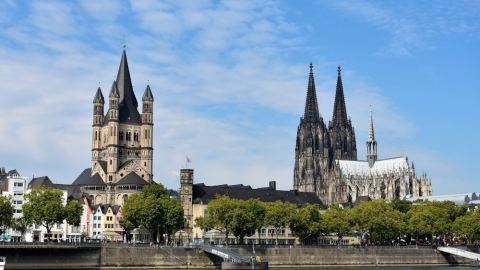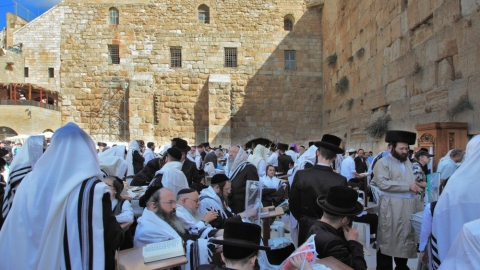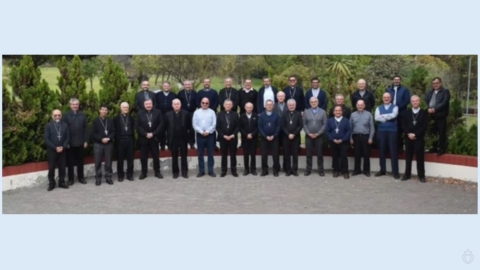The Pope Receives a Delegation From the Syro-Malabar Church
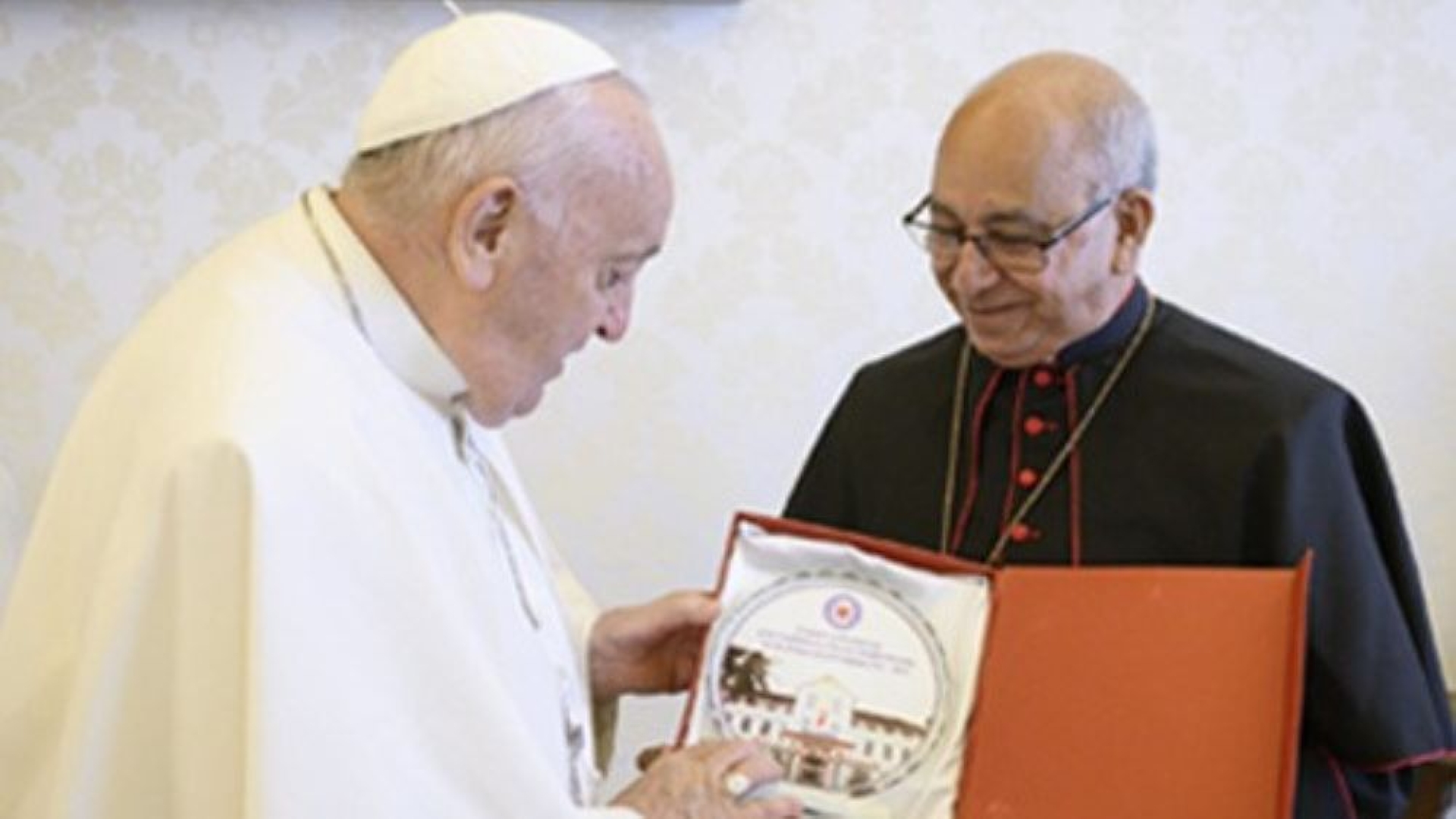
] Pope Francis and new Major Archbishop Raphael Thattil
The Sovereign Pontiff met the main members of the Syro-Malabar Catholic Church hierarchy as well as a delegation of lay people from the Diocese of Ernakulam-Angamaly, Kerala. It shows the particular concern of the Holy See for a Church which plays a key role in India, but which is bogged down in a decades-old liturgical controversy.
“You are obedient, and where there is obedience, there is the Church. Where there is disobedience, there is schism. And you are obedient, and this is one of your glories, obedience, even in suffering.” On May 13, 2024, Pope Francis received members of the Catholic hierarchy of the Syro-Malabar Church who came to Rome, as reported by Vatican News.
The opportunity to talk about the liturgical quarrel which has been poisoning the life of this Eastern Church attached to Rome. A notable part of the faithful and priests refuse the return – which is supported by the Holy See – to a rite of Mass correcting deviations that appeared in previous decades, in the name of a false notion of inculturation that the post-conciliar period was not able to curb.
“The preservation of unity is not a pious exhortation but a duty, especially when it comes to priests who have promised obedience and from whom believers expect the example of charity and gentleness,” declared Peter's successor according to Crux.
Francis also received a delegation of lay people from the Archdiocese of Ernakulam-Angamaly where the epicenter of the protest is located: “The Holy Father reminded us that decisions must be taken by the synod and no one else, and that what mattered was dialogue aimed at achieving unity,” summarizes Fr. José Vailikodath, present at the meeting, in comments reported by Crux.
Related Article:
Looking Towards the East
The numerous Roman interventions in this matter must attract attention, because they show – beyond the peace to be restored in this affair – the key role that Syro-Malabar Catholicism plays in certain regions of the world that have nothing to do with India.
With its 35 dioceses and some five million faithful spread throughout the Earth, the Syro-Malabar Church is the second in order of importance among the 23 Eastern Churches attached to Rome, who enjoy their own rights.
This Church, whose headquarters is in the state of Kerala, has for several years seen its faithful emigrate “to other regions of the globe such as Australia, Ireland, the United Kingdom, and the United States,” explains The Pillar. Many “are also heading towards economically buoyant regions of the Middle East, such as the United Arab Emirates (UAE),” adds the same newspaper.
“Until now, Syro-Malabar Catholics living in the [Middle East] region have been under the jurisdiction of the Latin Church’s Apostolic Vicariate of Northern Arabia, covering Bahrain, Kuwait, Qatar, and Saudi Arabia,” as well as “under the Apostolic Vicariate of Southern Arabia, responsible for Oman, the UAE, and Yemen,” explains The Pillar.
It is a situation that is not always easy for these uprooted Eastern Catholics, who have difficulty finding their bearings within two Latin vicariates.
However, in 2020, the Pope “gave six Eastern Catholic patriarchal churches – the Coptic, Maronite, Syrian, Melkite, Chaldean, and Armenian Catholic churches – jurisdiction over their faithful in the Arabian Peninsula,” continues The Pillar. In a May 13 speech, the Roman Pontiff confirmed that he was granting this privilege to the Syro-Malabar Church: “I said that they have to ask for jurisdiction in writing, but I have given it today and they can already exercise it.”
(Sources : Crux/Vatican News/The Pillar – FSSPX.Actualités)
Illustration : Archidiocese of Ernakulam-Angamaly
